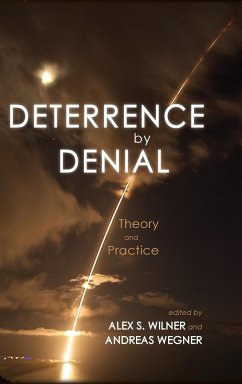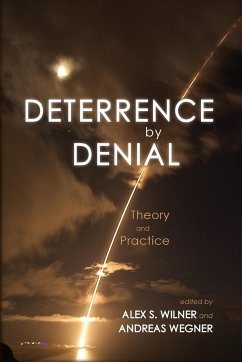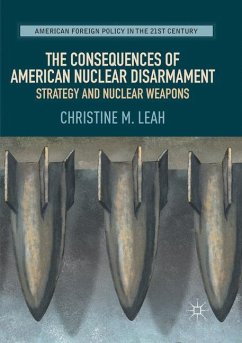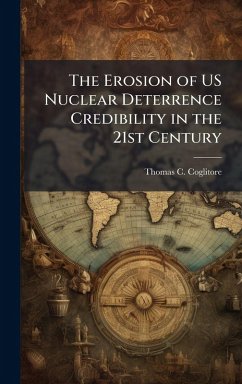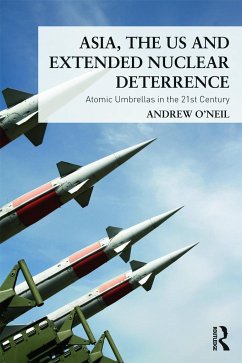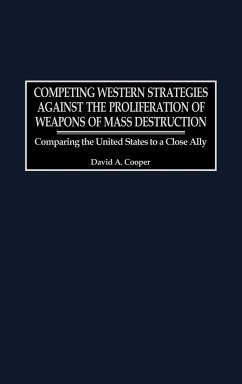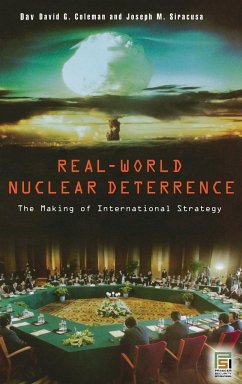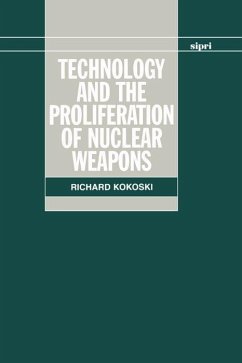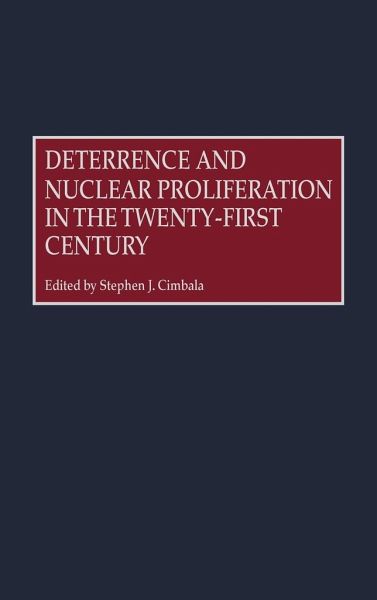
Deterrence and Nuclear Proliferation in the Twenty-First Century

PAYBACK Punkte
35 °P sammeln!
This edited collection considers the future of nuclear weapons in world politics in terms of security issues that are important for U.S. and other policy makers. The spread of nuclear weapons also is related to the equally dangerous proliferation of other weapons of mass destruction, including chemical and biological weapons, and of ballistic missiles of medium and longer ranges. Cold War studies of nuclear weapons emphasized the U.S.-Soviet relationship, deterrence, and bilateral arms control. A less structured post-Cold War world will require more nuanced appreciation of the diversity of rol...
This edited collection considers the future of nuclear weapons in world politics in terms of security issues that are important for U.S. and other policy makers. The spread of nuclear weapons also is related to the equally dangerous proliferation of other weapons of mass destruction, including chemical and biological weapons, and of ballistic missiles of medium and longer ranges. Cold War studies of nuclear weapons emphasized the U.S.-Soviet relationship, deterrence, and bilateral arms control. A less structured post-Cold War world will require more nuanced appreciation of the diversity of roles that nuclear weapons might play in the hands of new nuclear states or non-state actors. As the essays suggest as well, the possibility of terrorism by means of nuclear or other weapons of mass destruction introduces other uncertainties into military and policy planning. An important analysis for scholars, students, and researchers involved with defense, security, and foreign policy studies.





